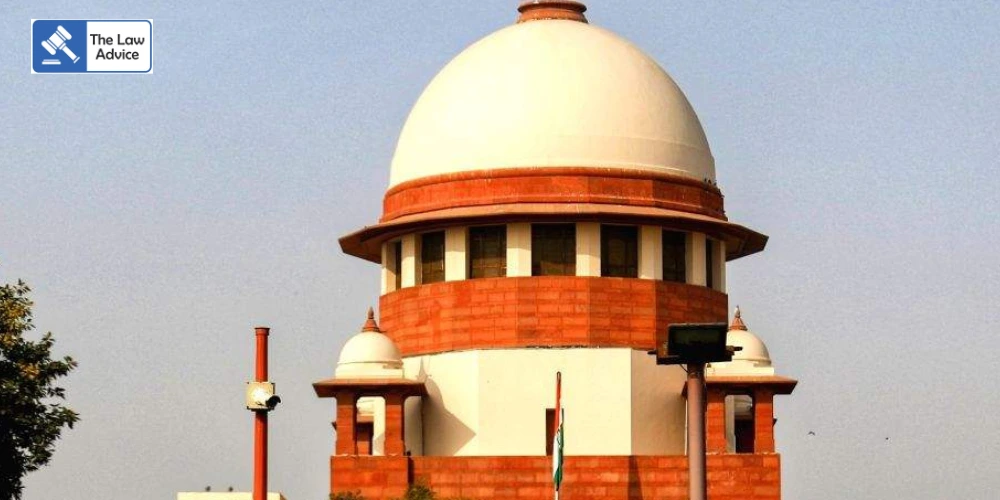The Supreme Court has ruled that a tenant cannot evade paying rent fixed by the Rent Controller simply because an appeal against that order is pending — unless there is a stay on the operation of that order.
A Bench of Justices Dipankar Datta and Manmohan upheld the eviction of a tenant for wilful default, observing that merely filing an appeal does not suspend the obligation to comply with the order being challenged.
“Mere filing of an appeal does not operate as a stay of the decree/order under appeal — that is the statutory ordainment in sub-rule (1) of Rule 5 of Order XLI, CPC,” the Court noted, reiterating the settled legal position that unless a stay is granted, the order continues to operate.
The case arose from a rent dispute over a commercial godown in Coimbatore.
• The landlord claimed rent of ₹48,000 per month.
• The tenant insisted it was ₹33,000.
• In 2007, the Rent Controller fixed the fair rent at ₹2,43,600 per month, effective from February 2005.
• The tenant appealed the order but did not seek a stay and continued paying only a fraction of the rent.
Even after the Appellate Authority and the High Court upheld the fair rent determination, the tenant failed to pay arrears exceeding ₹1.22 crore until 2013 — long after the Supreme Court dismissed the tenant’s SLP in 2012.
The Court held that the tenant’s conduct amounted to wilful default:
“Payments were made belatedly and only after protracted litigation. Such conduct cannot be reconciled with bona fide doubt as to liability,” Justice Datta observed.
The Bench reasoned that if a person does not seek a stay, it indicates either (i) willingness to comply with the order or (ii) absence of objection to its execution.
Rejecting the tenant’s argument that eviction could not be ordered since the rent issue was pending appeal, the Court clarified that judicial finality applies only when compliance is not stayed by a superior court:
“A party cannot defer compliance merely because litigation is pending. The liability accrues once the fair rent is judicially determined unless stayed.”
“The bogey of judicial finality cannot be pressed into service to unfairly deny a party the benefits of a judicial decision, operation of which does not suffer from any interdiction by the superior court,” the Bench emphasized.
The Supreme Court dismissed the appeal and upheld the eviction order, affirming that the tenant’s continued non-payment despite clear judicial determination constituted wilful default under Section 10(2)(i) of the Tamil Nadu Rent Control Act.
Case Title: K. Subramaniam (Died) Through LRs K.S. Balakrishnan & Ors. v. M/s Krishna Mills Pvt. Ltd.
